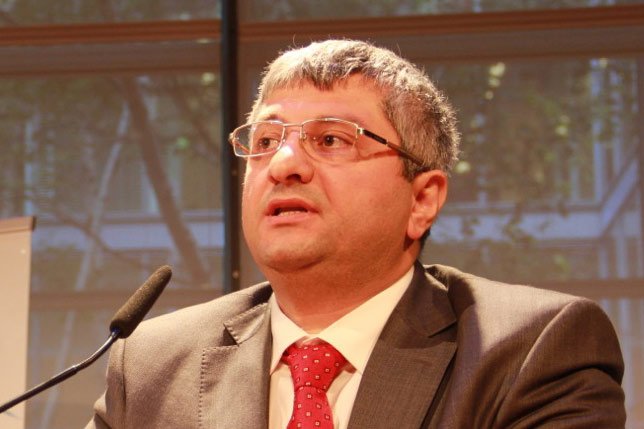Practicing Muslims and negotiating with the Kurdists

Date posted: January 10, 2013
DR. İHSAN YILMAZ
The Hizmet movement has taken the lead on several sensitive issues in Turkey, ranging from democratization and the EU process to interfaith dialogue. I think it must also take the lead in supporting the peace attempts. It does not have to give a blank check to everyone and can voice its concerns, but it must put its weight behind the hopes for a peace settlement.
The Justice and Development Party (AKP) government’s recent decision to negotiate a peace process must be strongly encouraged by parties, groups and so on that are eager for peaceful coexistence in Turkey.
I am extremely enthused that the Republican People’s Party (CHP) said it supports the AKP government on this. I think practicing Muslim Turks also have a historic duty to contribute to this probable peace process.
I am of course not naive and know very well that the issue is very complicated and that there are several domestic and international parties to it. Not even the AKP or the Kurdists are monolithic on this issue. Another Silvan or an Uludere-kind incident is quite probable. Despite all these, we must give peace a chance. While the state must be agile against any probable Kurdistan Workers’ Party (PKK) abuse of the process by strengthening its military capability by taking advantage of the cease-fire, the state must focus its energies to achieve a settlement with the Kurdists. The state, the AKP and its voters must be ready to make political “sacrifices” to end the decades-old terrorist activity so that lives from both sides are protected.
Nevertheless, at this stage talking about risks, the fragility of the process and security-oriented precautions must be avoided. We also need to refrain from harshly criticizing the Kurdists at this stage. If the state is currently sitting at a negotiating table with them, we must give them a chance before rushing to blame the Kurdists for never wanting peace. We need to be cautiously constructive on this. The state of course must calculate all probabilities as to what would happen if the process fails, but the public opinion must focus on the positive side. If the Kurdists provoke the process, this would be their fault. Yet, if the Turks keep talking about the impossibility of peace, they would be the ones who do not want peace.
What role must practicing Turks play in this? I think they must first try to convince themselves on emphatic acceptance and put themselves in the shoes of the Kurds. They need to seriously think about fairness and justice. They also need to free themselves from nationalistic contamination and remember the ideas of Islam. Secondly, they need to understand that their practicing Muslim Kurdish brothers and sisters have increasingly been emotionally divorcing themselves from the Turks, including the practicing Muslim Turks. An increasing number of them have been blaming practicing Muslim Turks for failing to feel for their suffering brothers. It is not the essence of the matter, but if practicing Turks are worried and concerned about the unity of the nation, peaceful coexistence and the fate of Turkey, they must know that their nationalist attitudes are actually working towards harming Turkey.
The Hizmet movement (aka Gulen movement) has taken the lead on several sensitive issues in Turkey, ranging from democratization and the EU process to interfaith dialogue. I think it must also take the lead in supporting the peace attempts. It does not have to give a blank check to everyone and can voice its concerns, but it must put its weight behind the hopes for a peace settlement. Hizmet should also consider that if the process fails, there will be many to put the blame on Hizmet’s shoulders by pointing to its cautious attitude.
Source: Today’s Zaman January 9, 2013
Tags: Kurdish Issue | Peacebuilding | Turkey |
























